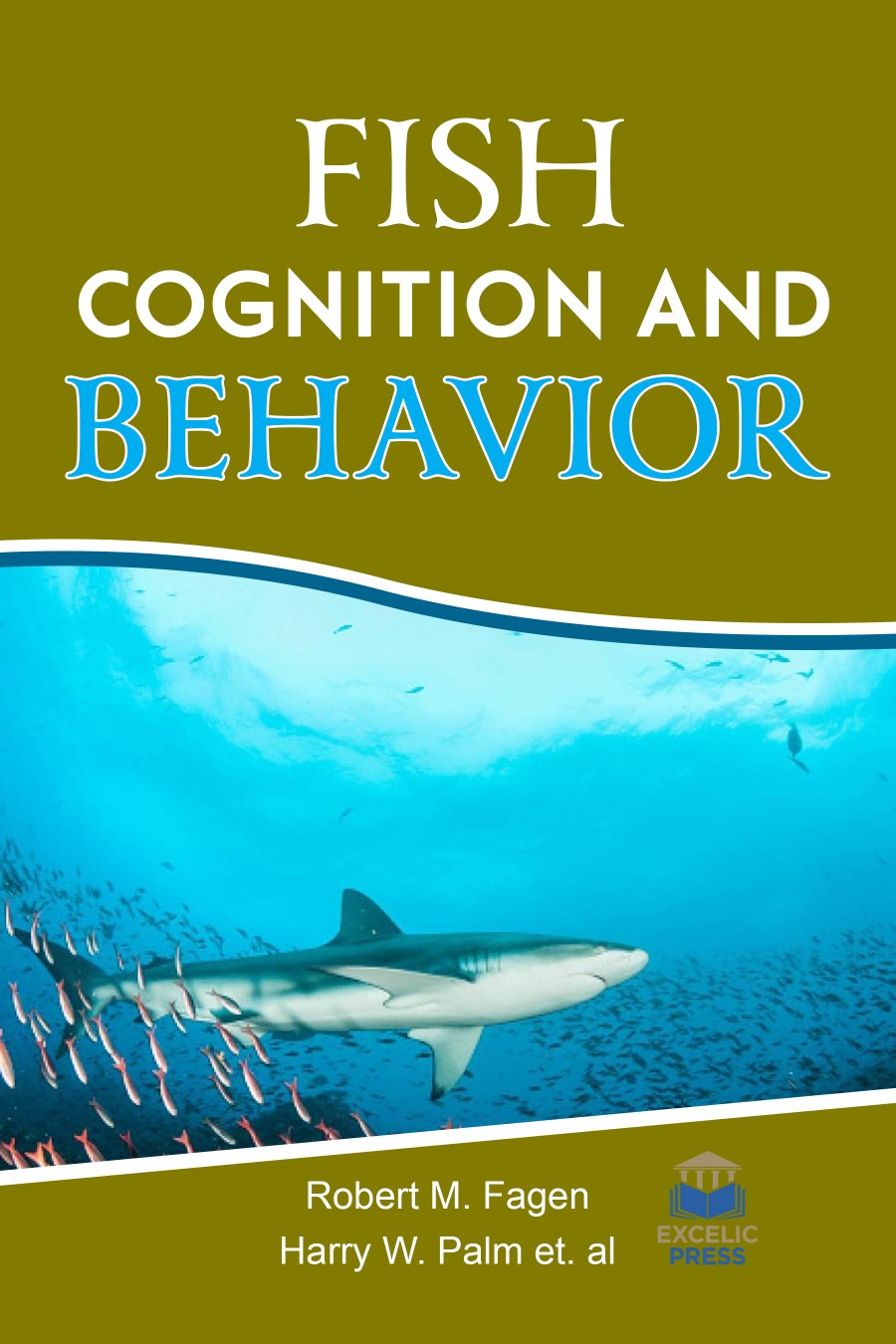It has long been argued that the large human brain and associated cognitive skills were favored by natural selection to cope with our complex social interactions. This rationale can readily be generalized to any species that lives in complex social groups. As fishes, provide us many opportunities to explore the fascinating complexities of animal behavior. Key questions addressed in this book cover – how do sensory input, hormones, genetics and experience intermingle to shape personal behavior? Fishes are a particularly interesting group of vertebrates; occupy a key position in the vertebrate phylogenetic tree. Thus, all vertebrates share key genetic features that code for the body structure, including the vertebrate brain. A reason to study fish cognition is that fish have had their own independent evolution/radiation since they split from tetrapods. Bony fishes are by far the most species-rich vertebrate group. As a consequence, they provide the best options for a comparative approach that aims to link the evolution of cognition to a species’ ecology. Therefore, the study of fishes may reveal general principles of ecological effects on cognitive abilities in vertebrates.
Fish Cognition and Behavior covers wide-ranging information with contributions of worldwide authors and researchers which will be of immense interest for all fish biologists and animal behaviorists as well as for fisheries managers and aquaculture industry personnel. It provides some examples of fish cognition research highlighting major areas in which fish have made a substantial contribution to our understanding of the evolution of cognition. This will be of valuable tool for Library collections in all universities and research institutions.













